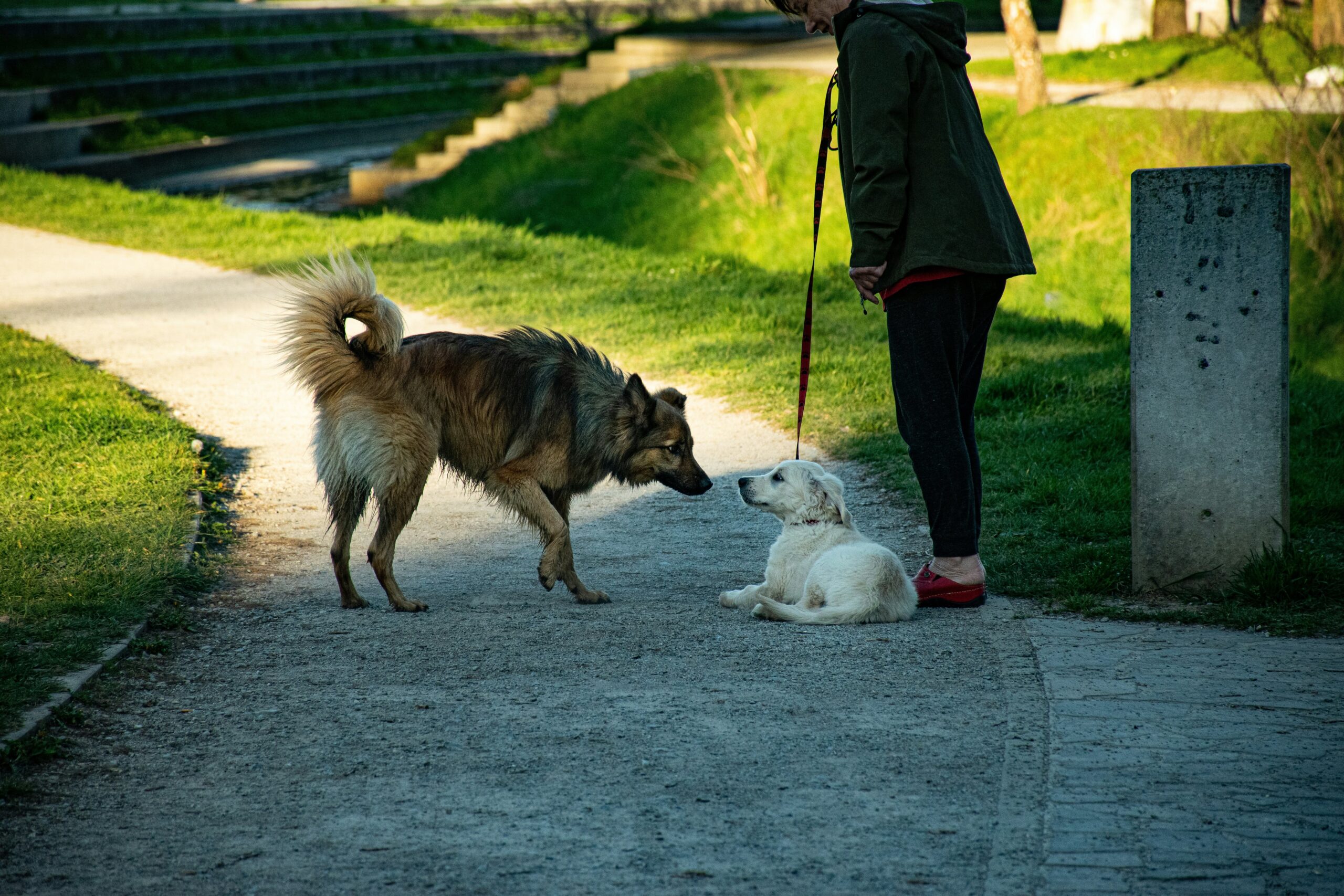Ever wondered what happens to guide dogs after they retire? These loyal companions spend years helping their handlers navigate the world, but like any superhero, they eventually hang up their capes. Yet, many people overlook the unique needs of retired service animals. If you’re asking yourself, “What can I do to make sure my guide dog enjoys a happy and healthy retirement?”—you’re in the right place.
In this post, we’ll explore everything you need to know about guide dog post-service care. You’ll learn how to transition them into retirement, maintain their physical health, and keep their spirits high. Plus, we’ve got some brutally honest advice, quirky tips, and even a sprinkle of 2000s nostalgia at the end. Let’s jump in!
Table of Contents
- Key Takeaways
- Understanding Guide Dog Retirement Needs
- Step-by-Step Post-Service Care for Guide Dogs
- Best Practices for Keeping Your Retired Pup Happy
- Real-Life Examples of Thriving Retirees
- FAQs About Guide Dog Post-Service Care
Key Takeaways
- A retired guide dog requires adjustments in diet, exercise, and daily routine.
- Prioritize mental stimulation and emotional well-being during their retirement years.
- Regular vet check-ups are crucial to address age-related issues early.
- Don’t overdo it—balance relaxation with light activity.
Understanding Guide Dog Retirement Needs
Let’s face facts: being a working dog takes its toll. Between long hours on the job and constant focus, these pups log more “overtime” than most human employees. Once your four-legged assistant retires, you might think all they need is endless naps and belly rubs. Not so fast!
Confession time: when my friend’s guide dog Loki retired, we figured he’d just chill out full-time. Spoiler alert—he went bananas without structure. Turns out, boredom is as bad for dogs as it is for humans. Lesson learned? A retired guide dog still craves routine, purpose, and enrichment.

To ensure your pup transitions smoothly, start by evaluating their current lifestyle. Are there activities they love outside work? Have their mobility or energy levels shifted? This insight will help tailor their golden years perfectly.
Step-by-Step Post-Service Care for Guide Dogs
How Do You Transition Your Dog Into Retirement?
Optimist You: “This is going to be amazing!”
Grumpy You: “Ugh, fine—but only if there’s plenty of treats involved.”
- Create a New Routine: Swap out work tasks for fun ones. Think sniffaris (sniff walks), puzzle toys, or short strolls around the park.
- Adjust Their Diet: Older dogs often require fewer calories. Consult your vet for food tailored to senior needs.
- Schedule Regular Vets Visits: Yep, it sounds boring, but catching arthritis or dental problems early makes all the difference.
- Introduce Play Dates: Socializing with other mellow dogs gives them joy minus the stress of ‘work buddies.’
Terrible Tip Alert:
Treat your guide dog like a regular pet immediately. They’re not ready to give up their identity overnight—it’s jarring! Instead, gradually ease them into their new role.
Best Practices for Keeping Your Retired Pup Happy
What Keeps Them Wagging Their Tails?
- Offer alternative “jobs.” For example, teach tricks or let them fetch slippers.
- Frequent massages relieve stiffness from years of walking. Sounds like heaven, doesn’t it?
- Use scent games to engage their mind—a chef’s kiss for those sharp noses.

Real-Life Examples of Thriving Retirees
Take Max, an 11-year-old Labrador who served eight incredible years as a guide dog. His owner, Sarah, noticed signs of fatigue and decided it was time for him to retire. She introduced new hobbies like agility-lite courses and weekly playdates with neighborhood dogs. The result? Max gained confidence again while loving his laid-back life.

FAQs About Guide Dog Post-Service Care
Do retired guide dogs get sad?
No, with proper care, they adapt beautifully. Sadness usually stems from confusion, which structured routines prevent.
Can retirees live with another dog?
Absolutely! Just match temperaments carefully to avoid conflicts.
Is professional training necessary post-retirement?
Not always, but refresher obedience sessions never hurt.
Conclusion
Your guide dog has given you the ultimate gift: independence. Now it’s your turn to repay them by ensuring their post-service life is filled with love, comfort, and purpose. From creating new routines to prioritizing their health, every small step counts.
Like a Tamagotchi, your retired guide dog deserves daily care and attention. So go ahead, spoil them rotten—and don’t forget the occasional dance party. 🐾


